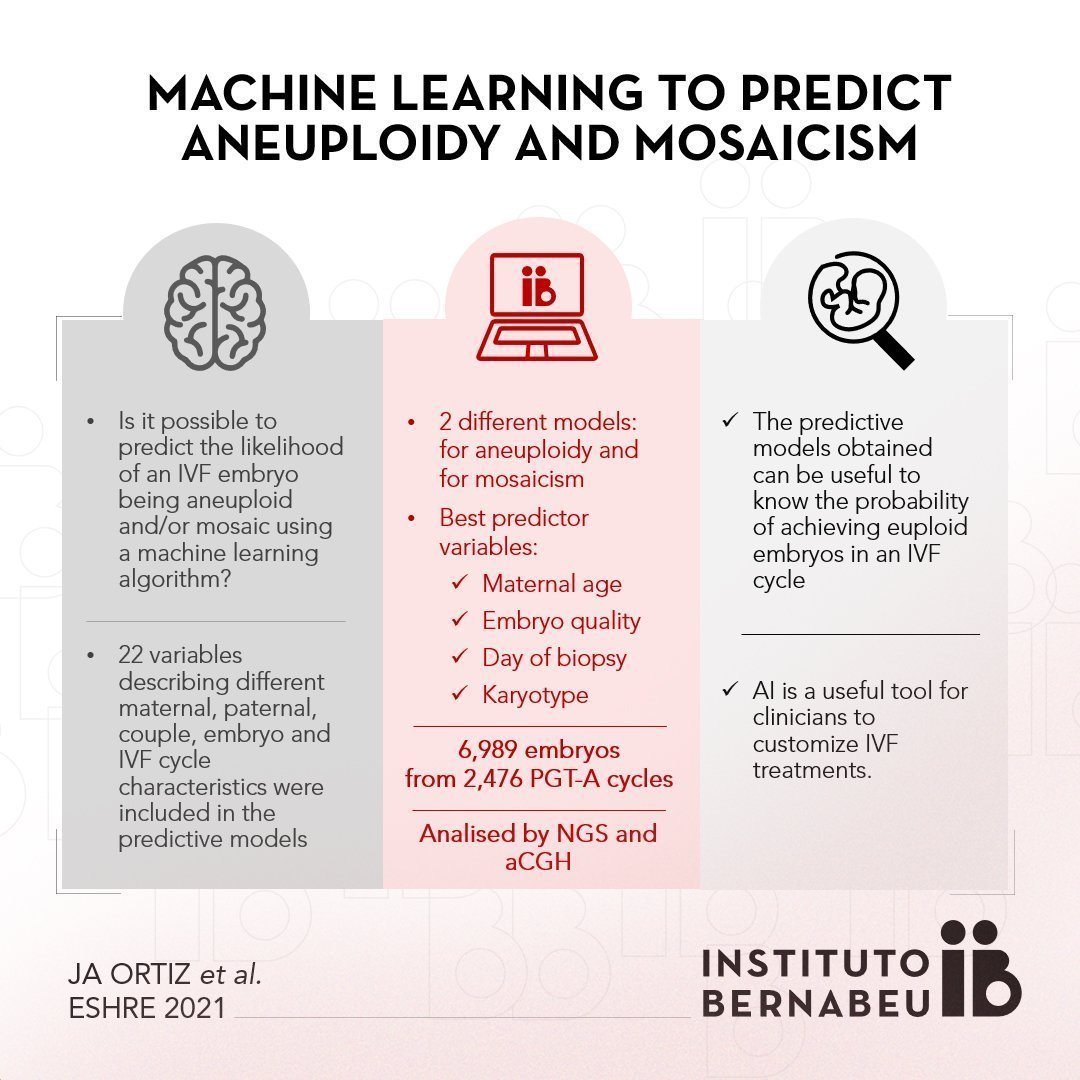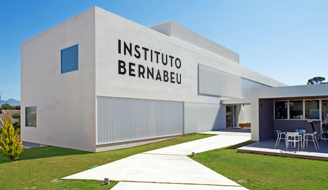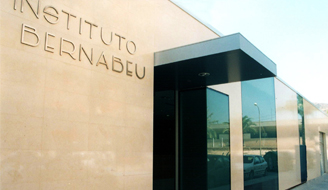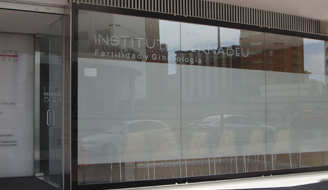Research by Instituto Bernabeu applies Artificial Intelligence to predict mosaicism and aneuploidies in the embryo
Artificial Intelligence has been revealed as a fundamental technological tool also in the field of reproductive medicine to, among other things, improve success rates. Instituto Bernabeu has developed a machine learning algorithm to predict the probability, in an in vitro fertilization (IVF), of an aneuploid embryo, this is the presence of an abnormal number of chromosomes; and / or mosaic, in this case the embryo has a mixture of chromosomally normal and abnormal cells (for one or more chromosomes).
This avant-garde work has generated significant interest in the ESHRE 2021 congress of the European Society of Human Reproduction and Embryology and the European Society and will be presented orally by its main author, the molecular biologist and biochemist of Instituto Bernabeu, Dr José Antonio Ortiz.
The study is a great advantage in identifying couples who are at risk of having an embryo with aneuploidy and / or embryonic mosaicism who could benefit from the use of the PGT-A technique, the embryo biopsy to detect chromosomal abnormalities. We could also avoid an early abortion, embryo’s not implantation or a born sick baby.
Dr Ortiz explains that “two different predictive models were made, one for aneuploidies and the other for mosaicism. The variable to predict was of the multiclass type as it included the categories of complete and segmental chromosomal alteration”.
For the study, 6,989 embryos from more than 2,476 PGT-A cycles were analysed and included as predictive variables factors from the father, mother, embryo and also from the IVF cycle that are associated with the embryo’s chromosomal status.
The most relevant variables in the prediction of chromosomal alterations in the embryo were maternal age, and to a lesser extent the male factor and ovarian stimulation. In the case of mosaicism, the PGT-A diagnostic technique, embryonic factors, and paternal and maternal ages were the variables that showed greater importance.
The research concludes that "machine learning can be a very useful tool in reproductive medicine for counselling patients as it allows predicting aneuploidies and embryonic mosaicism before starting the IVF cycle".
Application of machine learning to predict aneuploidy and mosaicism in embryos from in vitro fertilization (IVF) cycles
J.A. Ortiz, R. Morales, B. Lledo, E. García-Hernández, A. Cascales, J.A. Vicente, J. González, J. Ten, A. Bernabeu, J. Ll. Aparicio, R. Bernabeu.









